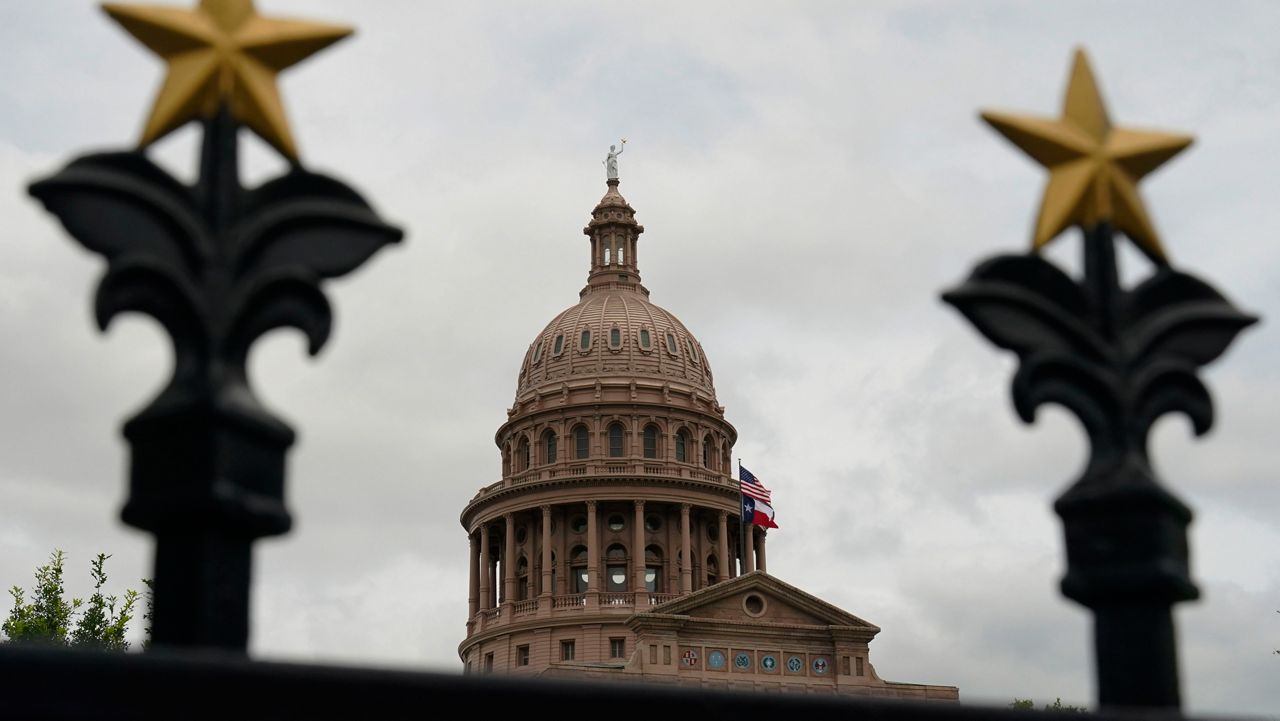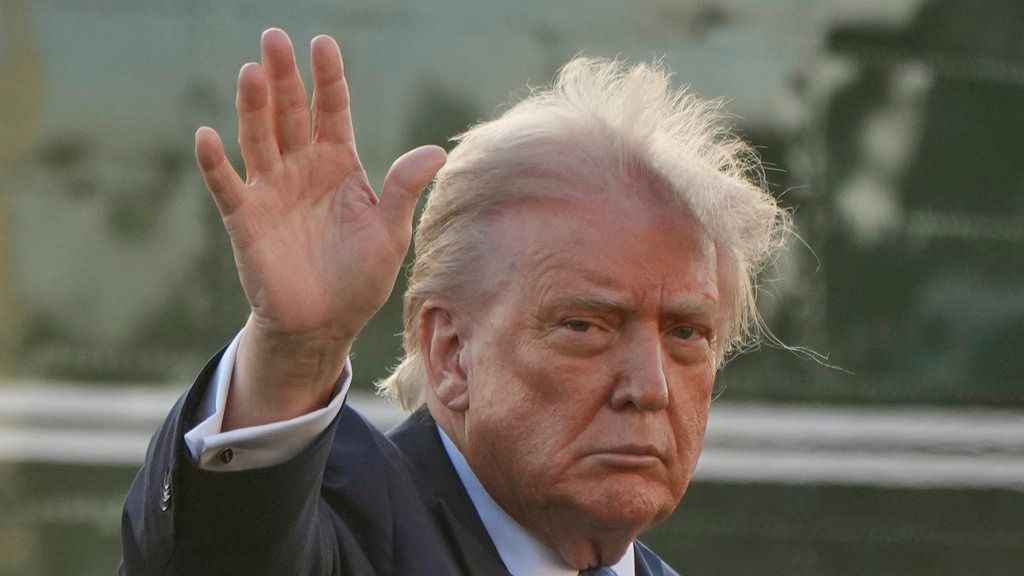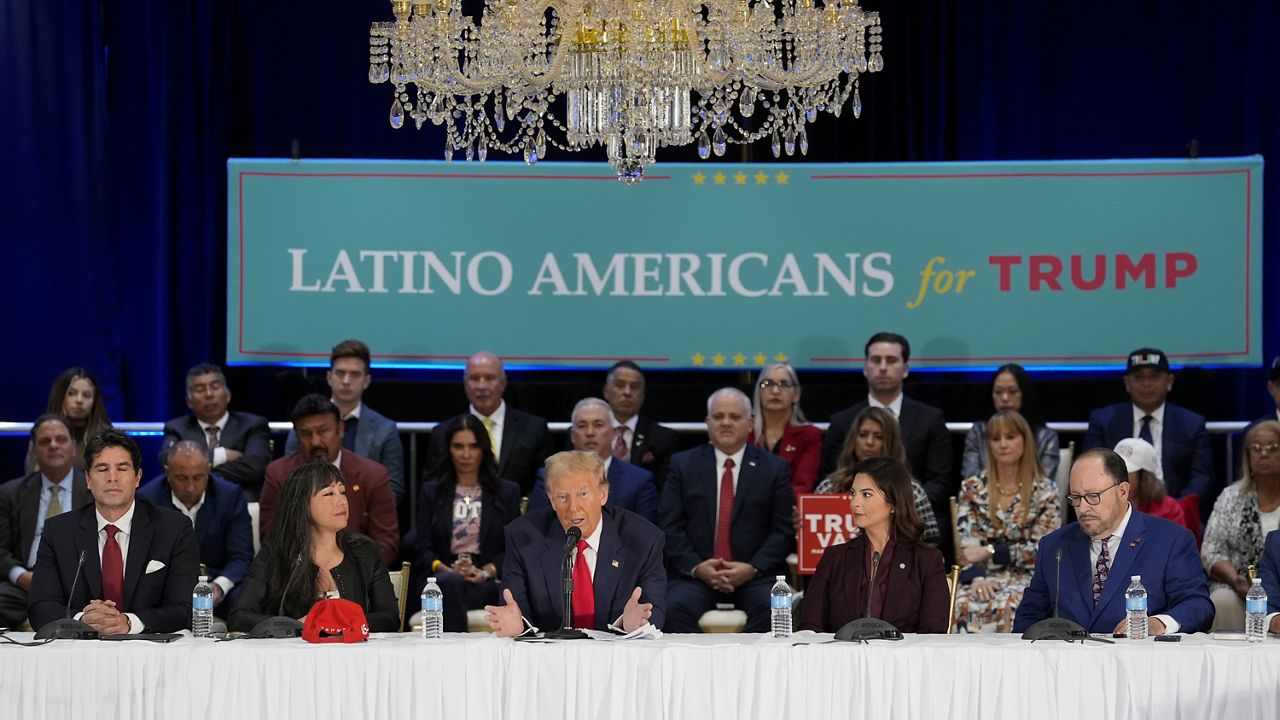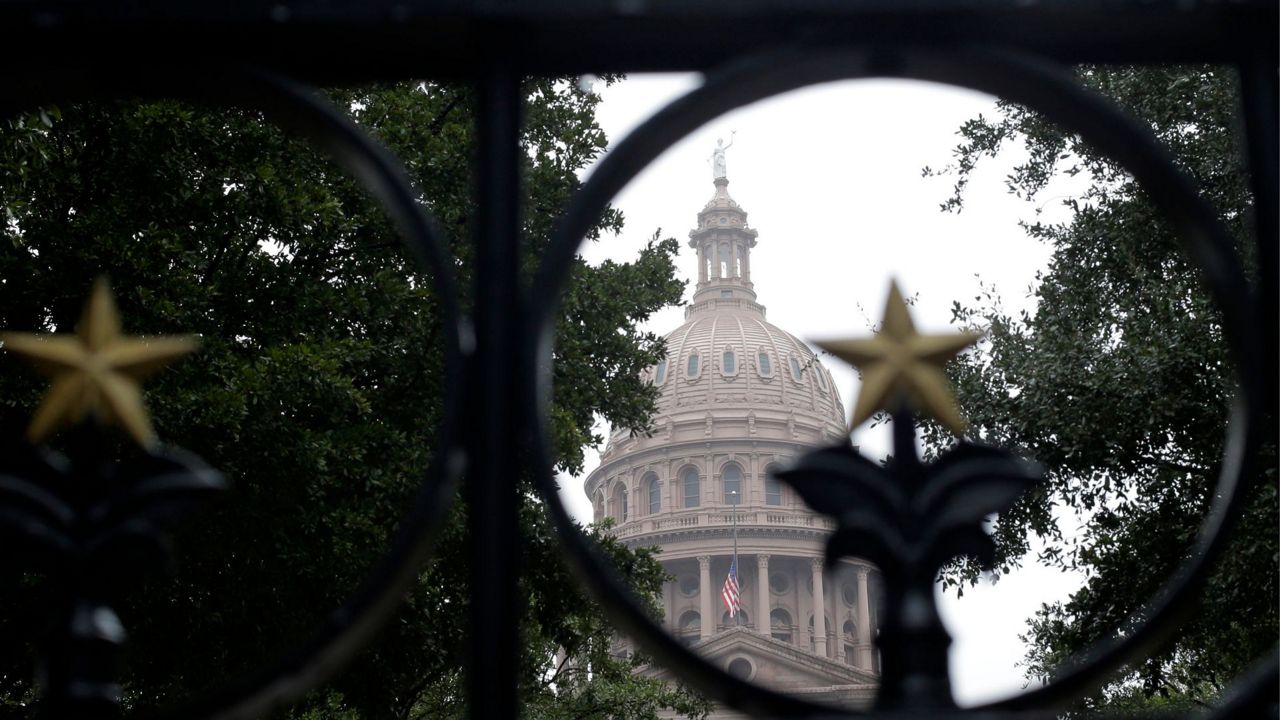AUSTIN, Texas — State Rep. Giovanni Capriglione, R-Southlake, is celebrating the success of his omnibus artificial intelligence (AI) bill, House Bill 149, which he has been preparing since the end of the last legislative session.
“It has been a delicate balancing act in making sure that we continue to have innovation in technology, artificial intelligence and other emerging technologies. At the same time, there are significant potential risks to using artificial intelligence. What this bill does is it puts those together,” he said.
The bill requires websites to tell users if they are using AI, prevents AI from being used to create unlawful or deep fake videos and prohibits AI usage to limit political expression.
“It’s going to be from a wide variety of different groups because artificial intelligence touches so many different facets of our lives,” said Capriglione.
His bill also establishes an Artificial Intelligence Council within the Texas Department of Information Resources to ensure new AI tools are ethical and monitor the AI regulatory environment.
“Building a framework like this has not really gone very far in other states at all. So super excited that Texas can lead on this,” said Capriglione.
Ten representatives voted against the bill. State Rep. Brian Harrison, R-Midlothian, says the bill grows the size of government and creates too much regulation.
“We’re in a national security competition for which nation can lead in AI and innovation. I’m very concerned that this hyper regulatory approach is going to kind of put us at a competitive disadvantage towards other state actors, such as China,” said Harrison.
The bill will face one more vote in the lower chamber as a formality before officially moving to the Senate for further consideration.




_crop?wid=320&hei=180&$wide-bg$)






